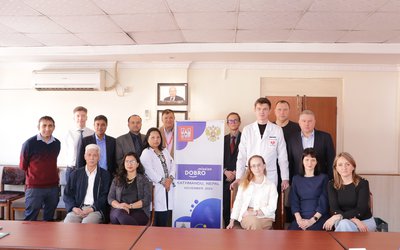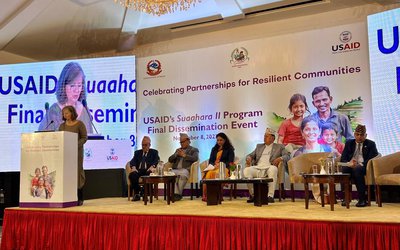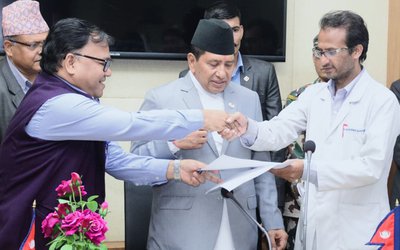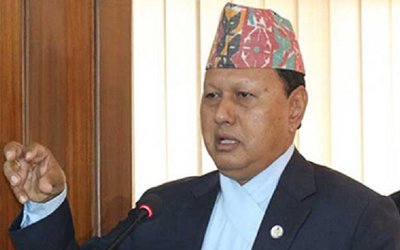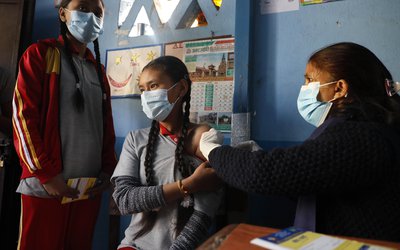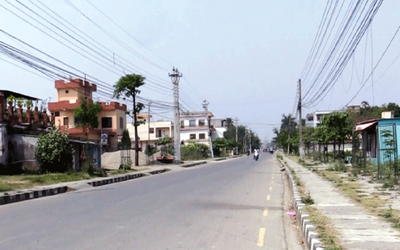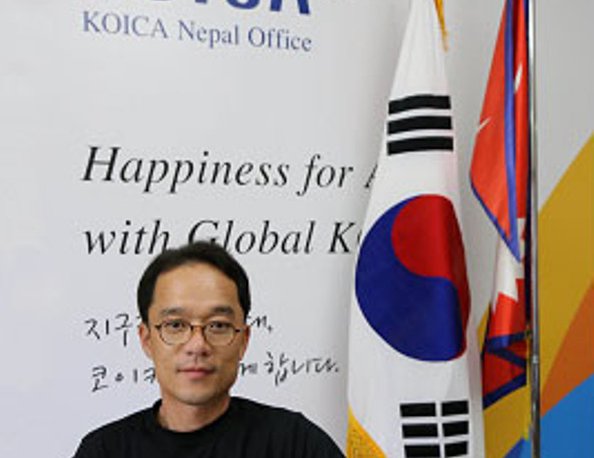
By Minjung Sohn
South Korea started the health insurance program with enactment of the health insurance act in 1963. It was the time when, per capital GDP of the country was US 140. They started by implementing the health insurance program for the government sector only, because ascertaining the earnings from other sectors is difficult. After years of experiment, the South Korean government made enrollment from large-scale work places compulsory in 1977. In the first stage, enrollment was made compulsory for firms having 500+ employees, which was extended to the firms with more than 100 employees in 1981 and 16 employees in 1983. Similarly, the coverage was expanded to the public servants and private school teachers in 1979. For those who couldn’t pay the contribution, the government implemented that Medicaid paid the contribution for poor and low income residents. Finally, coverage was expanded to the self-employed groups and private sector society such as artists and barbers and in 1989 health insurance became a universal program by covering almost all (94%) of the total population. To cover the entire population, more than 400 health insurance societies have made massive social marketing ploys for enrollment. They also worked hand in hand in creating demand and strengthening supply. As there were few public health facilities, the government provided loans to the private sector for establishing health facilities in the rural areas. Over this time, now 2017 in South Korea, the rapid economic development and social welfare system stunned the delegates, especially the health insurance system. Their strategy to cover all the population, state of arts health infrastructures and regulation of private health service providers are the areas that particularly astonished delegates.
On 4 to 14 July, the high-level delegates visit was organized by Korea International Cooperation Agency (KOICA) in South Korea to observe the world’s best health insurance system. Nepal is now receiving much support for development from many countries. KOICA, one of the bilateral organization, has been working in Nepal since 1991, leading technical cooperation and grant aid on behalf of the government of the republic of Korea. KOICA is a governmental foreign aid agency of the republic of Korea, working on development programs worldwide which endeavor to combat poverty and support sustainable socio-economic growth of partner countries. The KOICA Nepal office has also been active in supporting project implementation, the dispatch of Korean volunteers, fellowship program, public-private partnership program and multilateral cooperation.
Hyungkyoo Kim, Country Director of KOICA Nepal office, said that I came to Nepal immediately after the earthquake as a country director of KOICA Nepal. He decided to take it as an opportunity to support the government in their development agendas. He truly believes that the vision, mission and lead should always be taken by the government rather than foreign development partners. Therefore, in supporting sustainable this health insurance system KOICA is ready to convey full support to the Ministry of Health and Social Health Security Development Committee.
In an effort to support the national health insurance program of the government of Nepal, KOICA has always worked closely with the Ministry of Health for establishing and enhancing the health insurance system in Nepal. KOICA’s support for implementing the National Health Insurance Project is one of the important interventions in enhancing government capacity for establishing health insurance system in Nepal. This project comes in just at the right time, when the Nepali government is also ready to implement health insurance in a serious manner. KOICA see no other choice than successfully implementing this health insurance system to ensure everybody’s access to quality health care. In South Asia, Nepal has the highest out of pocket expenditure in terms of health care, compared to any other country. The government budget for health care support is not sufficient for ensuring quality health care for people, especially poor and marginalized groups. In such given scenarios, we are not left with many choices other than establishing and successfully implementing the health insurance system on Nepal.
Thus, KOICA with Social Health Security Development Committee has started implementation of the social health insurance scheme in Kailali, Baglung and Illam districts. Until this year Nepal has been aggressively working towards expanding health insurance coverage from 15 districts to 35 districts of the provinces. For the impoverished families in Nepal, who may struggle to pay the smallest of medical costs, this will be of great assistance as they could receive a health insurance benefit of 50,000 per family, per year (Based on 4 people). Namely, the health insurance system in Nepal will be very attractive to those with health issues because it can reduce the price burden. In the globalized world, universal access to health services can become simply policy objectives, regardless of whether they are rich or poor nations. The health insurance system shows that low income and middle income countries have to achieve universal health coverage in order that all people receive health services without any financial hardship when they need.
KOICA is currently engaged in a number of activities such as building a health insurance policy, designing a communication strategy, producing promotional materials for raising awareness of health insurance, distributing medical equipment and inviting training workshop. KOICA is actively planning activities to raise and increase awareness of health insurance. And as stated by KOICA’s country partnership strategy 2016-2020, ensuring universal coverage is one of our important strategic objectives. Hence, KOICA want to show my full commitment for supporting the government of Nepal in establishing this health insurance system in the country. KOICA believe our support can be utilized more efficiently by prioritizing knowledge transfer from South Korea to Nepal and capacity development program in addition to already existing logistics Support.
Minjung Sohn is a KOICA public awareness officer
- NOTICE: PoA Design Consultation Meeting
- Aug 24, 2023
- Upper Tamakoshi Hydropower Limited Notice of Issue of Rights Shares
- Aug 17, 2023
- Upper Tamakoshi Hydropower Ltd.'s Notice To Local Share Holders To Open DMAT Account for Dematerialization
- Aug 11, 2023
- China’s Three Gorges And NEA Sign Agreement To Construct West Seti Hydropower Project
- Nov 16, 2017
- Countries Of Hindu Kush Himalayan Region Agree For Collaboration
- Nov 16, 2017


